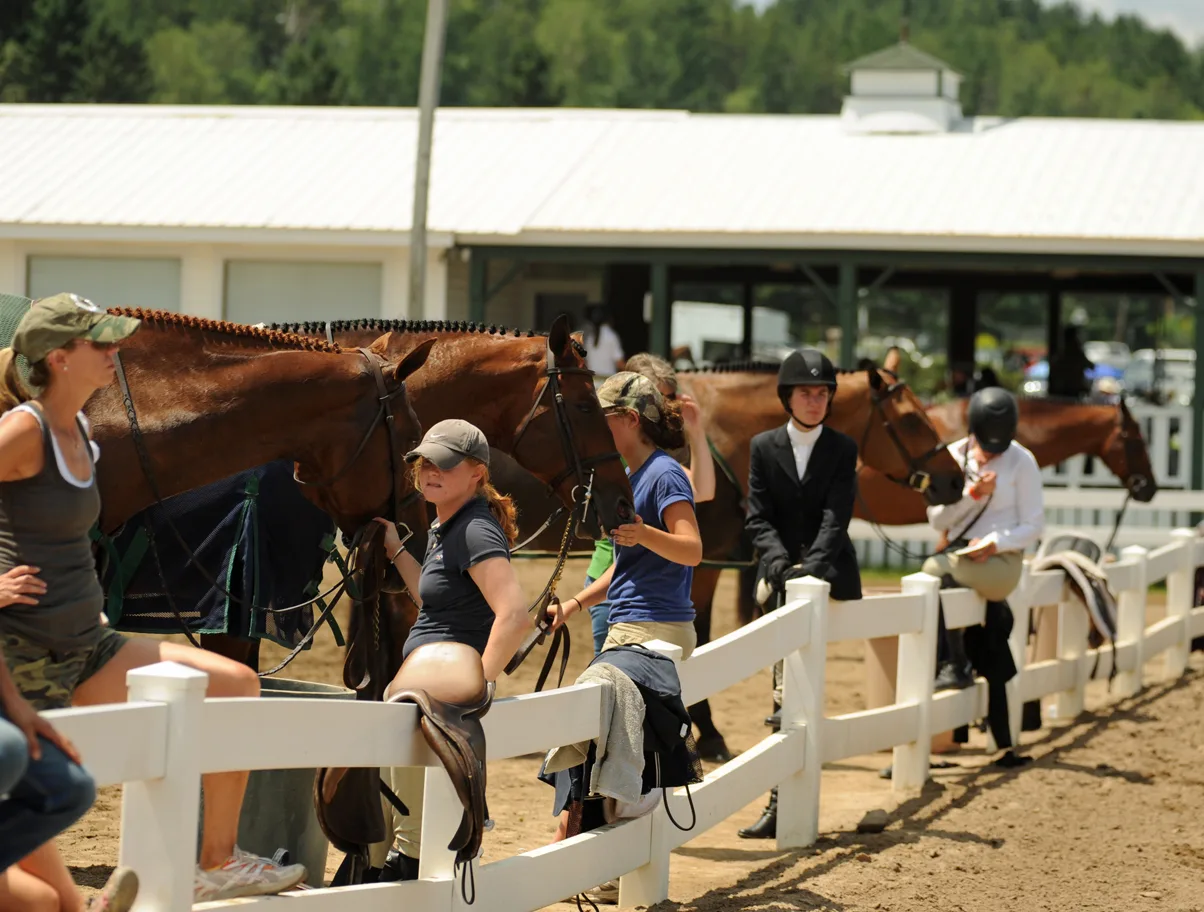Officials from the Massachusetts Department of Agricultural Resources Division of Animal Health have investigated two horses from the same barn in Southeastern Massachusetts displaying neurological symptoms and determined they do not have the neurologic equine herpesvirus.
The first horse was diagnosed with equine protozoal myelitis in mid-April and was euthanized after its condition deteriorated. The investigation into the second horse’s neurological symptoms has been inconclusive, but it doesn’t appear to be caused by EHV-1; that horse remains under veterinary care.
ADVERTISEMENT
If no further cases occur before May 14, MDARD officials believe the risk is greatly diminished in association with the incident. They continue to ask horse owners to be conscious as the show season progresses and to keep an eye on their horses’ temperatures.
In response to the concerns, the Fieldstone Show Park delayed the start of the Spring Festival Show in Halifax, Mass., until May 16. All horses entering the showgrounds must present a 72-hour health certificate and be vaccinated in the last six months for equine influenza and in the last three months for equine herpesviruses 1 and 4.















